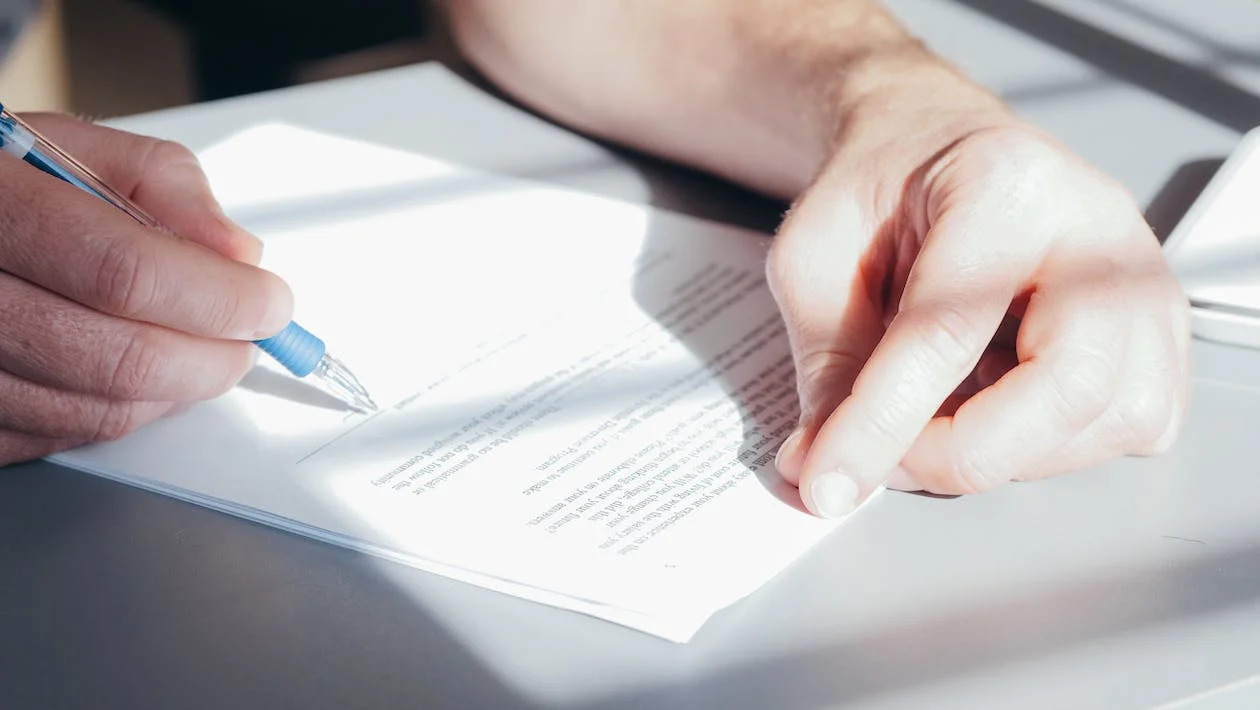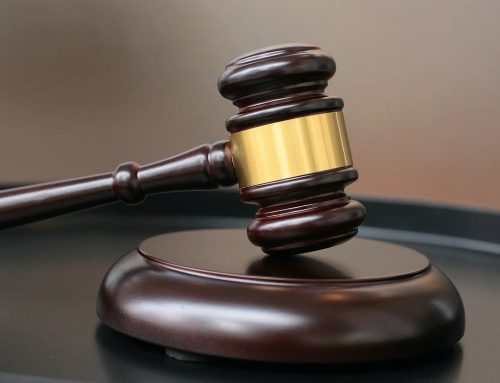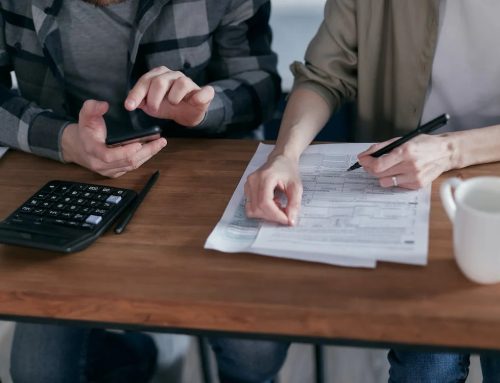
Accidents can happen anywhere, and when they occur on someone else’s property, it raises questions about responsibility and legal rights. One common type of accident that occurs in stores and businesses is a slip-and-fall accident. These incidents can lead to serious injuries and unexpected financial burdens for the victims.
In this article, we will explore the topic of slip-and-fall accidents in stores and answer a pressing question: Can you sue a store for a slip-and-fall?
Understanding Slip-and Fall-Accidents
Before delving into the legal aspects, let’s first understand what a slip-and-fall accident is. A slip-and-fall accident occurs when an individual loses their footing and falls due to hazardous conditions on the premises. These conditions can include wet floors, uneven surfaces, icy walkways, or poor lighting. Such accidents can happen anywhere, from grocery stores to shopping malls and restaurants.
The Severity of Fall Injuries
Slip-and-fall accidents can have a range of consequences, including catastrophic injury. These injuries may encompass fractures, sprains, head injuries, and even spinal cord damage. The physical toll on victims is often accompanied by substantial medical expenses, rehabilitation costs, and lost income due to an inability to work.
Legal Rights and Store Owner Responsibilities

In Ontario, Canada, individuals who have suffered injuries due to slip-and-fall accidents have legal rights. If you or a loved one have been injured in such an incident and have suffered a slip-and-fall injury, you may be eligible to pursue a legal claim, often referred to as a “slip-and-fall lawsuit.” This legal claim is designed to hold the responsible party accountable for their negligence and seek compensation for the damages you’ve suffered.
Store owners and business owners have a legal responsibility to maintain safe premises for their customers. This includes regularly inspecting their properties for hazards, promptly addressing any unsafe conditions, and providing adequate warning signs when necessary. Failure to fulfill these responsibilities can result in legal liability if a slip-and-fall accident occurs on their property.
Proving Liability in a Store
To successfully pursue a slip-and-fall lawsuit, several key elements must be established:
- Duty of Care: It must be demonstrated that the store owner or business owner owed a duty of care to visitors or customers on their premises.
- Breach of Duty: Evidence must show that this duty of care was breached due to negligence or failure to address hazardous conditions.
- Causation: It must be proven that the hazardous condition directly caused the slip-and-fall incident and subsequent injuries.
Gathering evidence is critical in proving liability. This may include documenting the scene of the accident, obtaining surveillance footage, collecting witness statements, and preserving any relevant medical records.
Common Obstacles and Challenges
While pursuing a slip-and-fall lawsuit is your legal right, you may encounter obstacles along the way. These challenges can include disputes over liability, reluctance from insurance companies to offer fair settlements, and complex legal proceedings. However, with the guidance of a lawyer that is experienced in the field of personal injury, you can navigate these challenges and work toward a fair resolution.
Seeking Legal Counsel
Navigating the complexities of a slip-and-fall lawsuit requires legal expertise. Consulting with a personal injury attorney who specializes in slip-and-fall cases will help to evaluate the merits of your case, guide you through the legal process, and build a strong case to pursue compensation for your injuries and losses.
Pursuing Compensation
Victims of slip-and-fall accidents may be entitled to various forms of compensation, depending on the circumstances of their case. These compensations may include:
- Medical Expenses: Coverage for medical bills related to the treatment of slip-and-fall injuries.
- Loss of Income: Compensation for wages lost due to the inability to work during recovery.
- Non-Pecuniary Damages: These encompass intangible losses like pain and suffering, emotional distress, and a loss of quality of life.
It’s important to note that store owners may be responsible for covering medical expenses and other damages if their negligence contributed to the accident.
What to do After a Slip-and-Fall Accident
If you’ve experienced a slip-and-fall accident in a store, it’s important to take the following steps:
- Seek Medical Attention: Your health is top priority. Get immediate medical attention, and keep records of all medical treatment and expenses.
- Report the Incident: Inform the store or business owner about the accident, and request that they document the incident.
- Gather Evidence: Document the scene of the accident, take photographs, collect witness contact information, and preserve any evidence related to the incident.
- Consult an Attorney: Reach out to a personal injury attorney who specializes in slip-and-fall cases to discuss your legal options.
Wynperle Law – Protecting Your Rights and Fighting for Your Compensation
If you or a loved one has suffered a slip-and-fall accident in a store, you have legal rights and the possibility of pursuing a legal claim against the responsible party. Understanding the legal aspects of slip-and-fall accidents, proving liability, and seeking the assistance of a qualified personal injury attorney can significantly increase your chances of obtaining the compensation you deserve.
As a leading law firm in the fields of personal injury and long-term disability, we at Wynperle Law have the knowledge and experience to fight for the compensation you deserve in your slip-and-fall case. If you need legal assistance and want to know more about your rights, don’t hesitate to reach out to us. Your well-being is our priority, and we are here to help you through this challenging time





